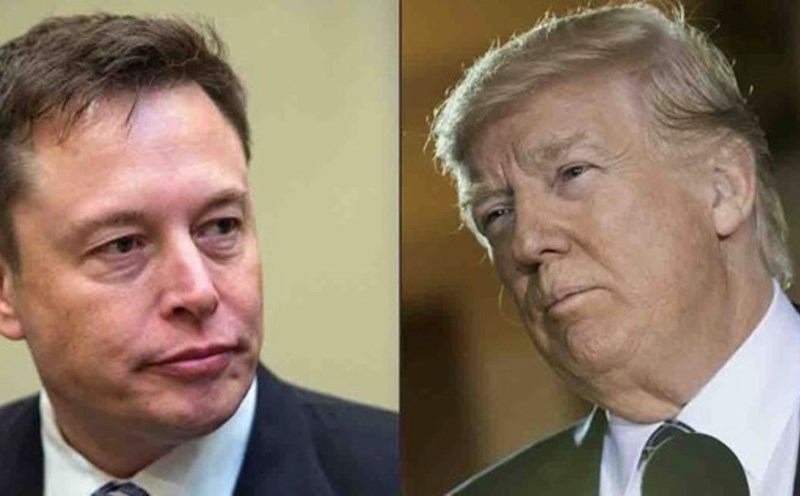Elon Musk has just named Microsoft as a defendant in a lawsuit against OpenAI - the company that developed ChatGPT.
The case stems from allegations that OpenAI used data from X (formerly Twitter) to train artificial intelligence models without permission.
According to the latest legal documents, Microsoft is accused of assisting OpenAI in illegally collecting this data. Microsoft, which is a strategic partner and major investor of OpenAI, has been criticized by Elon Musk for playing a key role in helping the company develop AI models, including ChatGPT and GPT-4.
Mr. Musk personally believes that Microsoft has profited from the use of social network X data without ensuring compliance with the terms. Previously, Mr. Musk filed a lawsuit against OpenAI on similar grounds, claiming that X suffered damages when a series of information from this platform was used without proper compensation.
The move to add Microsoft to the lawsuit is seen as an effort to extend liability to OpenAI's major partners, in order to shed light on the chain of custody between parties in the use of data.
Microsoft has not yet made an official comment on being added to the defendant list, but the company has repeatedly affirmed its transparency in its activities related to OpenAI. In addition, Microsoft is also one of the leading companies in investing in AI development globally, with projects closely collaborating with OpenAI.
Elon Musk, in addition to being the CEO of Tesla and SpaceX, was one of the founders of OpenAI in 2015. However, he left the organization's board of directors in 2018 due to disagreements. Musk has long been publicly critical of OpenAI, especially the company's transformation from a nonprofit to a for-profit company and the billions of dollars in investment from Microsoft.
The lawsuit not only affects Microsoft and OpenAI, but also raises larger questions about how data is used to train artificial intelligence, which could lead to important legal changes in the future, especially regarding data ownership and the responsibilities of the parties involved.











